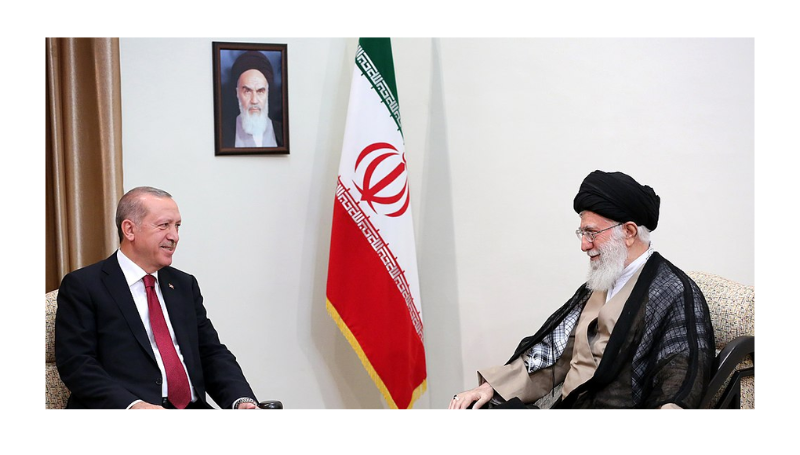By David Bensoussan
The author is a professor of science at the University of Quebec.
For 54 years, the Assad dictatorship, led by father and son, ruled Syria with an iron fist, even resorting to chemical weapons against their own population. Since the onset of the civil war in 2011, the country has splintered into various zones of influence: the Syrian army controls the central, southern, and northwestern regions, while Islamist forces have established themselves in Idlib in the north-northwest. Bordering Turkey has expelled Kurdish populations along its border, while Kurds maintain a significant presence in the northeast. The Kurds have been instrumental in combating Al-Qaeda, supporting American forces that still have a base in southeastern Syria.
Al-Qaeda, a transnational Islamist movement, differs from ISIS, which combines Islamist ideology with nationalist aims in Iraq and Syria. Hay’at Tahrir al-Sham (HTS), a splinter group from ISIS, has established authority in Raqqa and Idlib. Over the years, ISIS has received direct and indirect support from Turkey, which facilitated the transit of jihadists from around the world through its territory into Syria and Iraq. Additionally, Turkey provided logistical and military support to ISIS, particularly in its fight against the Kurds, enabling encirclements via Turkish territory. This support continues today, despite Western nations largely turning a blind eye under pressure from President Erdogan, who has threatened to unleash 2.9 million Syrian refugees currently in Turkey. The European Union has paid six billion euros to curb this exodus.
HTS positions itself as a “moderate” alternative to ISIS. Allied with the Free Syrian Army, composed of secular opponents to the dictatorship, these groups shared a common goal of overthrowing President Assad. HTS’s rapid advance saw them capture Aleppo, Hama, Homs, and Damascus within a week, facing minimal resistance from a demoralized Syrian army.
This HTS offensive follows the collapse of Hezbollah, a key ally of the Syrian regime. Russia, a long-time supporter of Assad, retains two military bases in the northwest, but its setbacks in Ukraine complicate its ability to intervene. For Iran, these changes shatter the “axis of resistance,” which underpins its imperial ambitions via proxies in Iraq, Syria, Lebanon, and Yemen. Furthermore, Kurdish forces, now allied with the United States in eastern Syria, have cut land routes linking Iran to its Syrian allies via Iraq.
It remains too early to determine whether the HTS government, rooted in jihadist movements, will evolve into a moderate or democratic entity. It is also vital to observe whether it aligns with Turkey, which harbors imperial ambitions of its own. Under Erdogan, Turkey has undergone a gradual Islamization: women can now wear headscarves in public, secular military leaders have been dismissed, and the civil service restructured. Turkey also ranks second globally in imprisoning journalists.
Erdogan’s attempts to rally Arab and Muslim nations under his leadership have largely failed. He often references the Ottoman heritage of sacred sites like Mecca and Medina and invests heavily in Jerusalem to revive Turkish influence. His harsh rhetoric against the West advocates distancing from the United States and Europe, despite Turkey’s continued NATO membership. Diplomatic relations remain strained, particularly with Israel, which Erdogan openly criticizes. However, Turkey’s primary goals remain the repatriation of Syrian refugees and the prevention of Kurdish autonomy, fearing that Turkey’s own Kurdish minority might join such efforts.
Relieved by the military setbacks of Hamas, Hezbollah, and Iranian proxies, many Middle Eastern leaders, starting with Israel, remain vigilant about developments in Syria and potential ties between the new government and Turkey.


